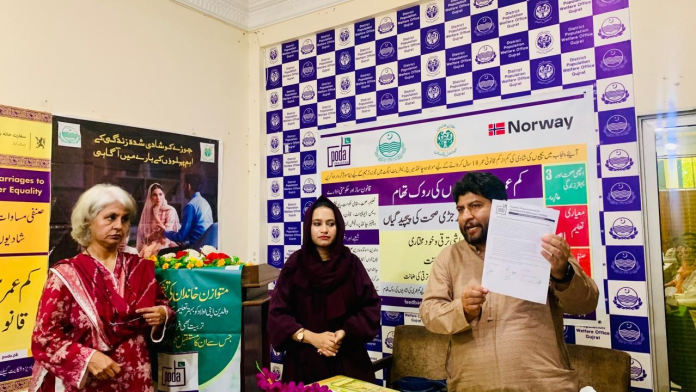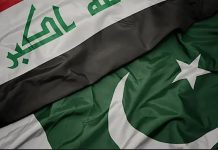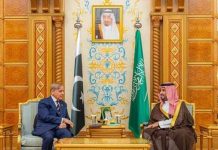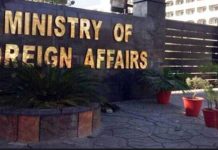ISLAMABAD, MAY 30 (DNA):PODA (Potohar Organization for Development Advocacy), in collaboration with the District Population Welfare Office (DPWO) Gujrat, organized a workshop for government officials focused on the health complications associated with child marriages, a major contributor to population growth in Pakistan.
Participants unanimously endorsed the National Assembly Bill 2025, “ICT Child Marriage Restraint Bill 2025,” and called for uniform legislation across all provinces to prohibit child marriages.
The workshop is part of a three-year initiative titled “Reduce Early Marriages to Enhance Gender Equality,” being implemented by PODA in 41 districts of Punjab. The 3-yearThe project from December 2022 to November 2025 is supported by the Norwegian Embassy in Islamabad.
On this occasion, Nabeela Aslam, Project Manager at PODA, and Umer Farooq, District Population Welfare Officer, signed a letter of coordination to strengthen collaborative efforts to protect women’s rights and promote gender equality.
Speaking as the chief guest, DPWO Umer Farooq emphasized the importance of raising awareness about constitutional and fundamental rights, especially among grassroots communities. “Even men are often unaware of their rights in our society,” he remarked. He further highlighted that education is the only sustainable path to women’s empowerment. Addressing the issue of child marriage, he stressed the urgent need for effective legislation and its strict implementation to safeguard the rights of girls. He welcomed the legislation passed by the National Assembly and Senate as a vital step to prevent avoidable deaths and reduce the high maternal and child mortality rates in Pakistan.
Keynote speaker Dr. Kanwal Tabassum, Senior Women Medical Officer (SWMO) from the Department of Health and Population, shed light on the severe health risks of child marriage. She explained that young girls often suffer from social isolation, physical abuse, and immediate pressure to bear children. Common health issues include malnutrition, anemia, and serious pregnancy-related complications such as uterine damage. “Her learning stops, she is isolated from her family, and with low hemoglobin, she faces severe pregnancy risks,” Dr. Tabassum stated. “And if she fails to conceive right away, she is compared to animals – ‘even our cow gives birth every year,’ she is told.”
Dr. Mehak Anwar, WMO at FHMU Gujrat, added that the brain’s frontal lobe continues to develop until the age of 23, raising concerns about the mental and physical readiness of adolescent girls for motherhood. She highlighted serious health conditions such as urinary tract infections (UTIs), obstetric fistula, and eclampsia as common consequences of early marriages. “Adolescent girls develop high blood pressure, which wreaks havoc on their lives,” she noted.
Participants welcomed the recent passage of a bill by the National Assembly and Senate—representative bodies of the entire country—setting 18 years as the minimum legal age for girls to marry and making the National Identity Card mandatory for Nikah registration in the ICT. They praised this legislative development as a critical step toward ending child marriage and safeguarding the rights of adolescent girls. PODA Legal Advisor, Advocate Khawaja Zahid Nasim, addressed legal questions raised during the session. He stated that it has become the obligation of all provinces to honor the collective wisdom of the Parliament, which is the representative body of all provinces, by adopting similar legislation to protect the fundamental rights of girls.
The workshop concluded with the adoption of a joint resolution, urging the Punjab Assembly to enact similar legislation at the provincial level. Participants pledged to continue raising awareness within their communities about the harmful effects of child marriage and to advocate for the rights of adolescent girls, recognizing them as full citizens of Pakistan.
Senior government officials from the departments of population, health, social welfare, and local government, along with media representatives, religious scholars, social activists, and lawyers, participated in the workshop.

















